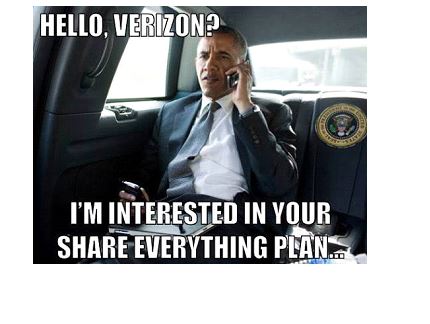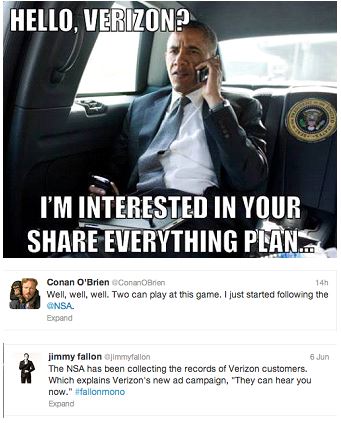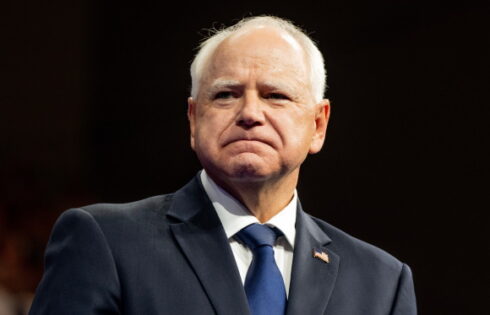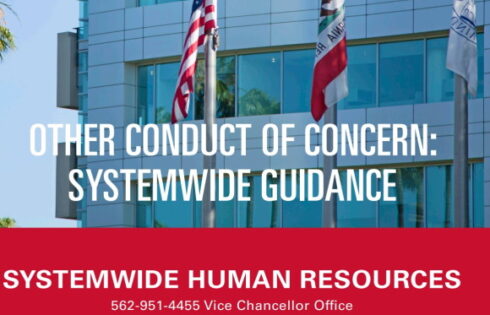
When Republican activist Caleb Bonham wanted to spread the news about an upcoming conservative conference in Colorado, he headed to CU Boulder with a pen, poster board and video camera and convinced many students to sign a big (and fake) thank you card to President Obama for targeting conservatives through the IRS.
The video of that undertaking – which included references to the Western Conservative Summit conference he aimed to promote – quickly went viral, garnering tens of thousands of views online within a few short days.
What Bonham understood was that reaching the hearts and minds of young people isn’t about talking at them, it’s about making them chuckle – and think – all at the same time.
Enter the Internet meme, the way many twenty-somethings spread messages and debate politics nowadays. Whether memes change hearts and minds, however, is up for debate.
Internet memes can be videos, pictures, cartoons, hashtags or similar platforms. They begin small and grow through social media networks, blogs, emails and news sites, and can ultimately go viral, reaching a large and diverse audience.
Bonham emphasized their usefulness as agents of reinforcement.
“I do believe memes are effective in reaffirming the beliefs of those on either side of the isle,” Bonham said. “If one is prone to change their ideology based on some snarky comment placed on a grumpy cat photo, then that person really needs to explore their political stance further.”
Chris Telfer, executive director of the California College Republicans, said he believes the medium can be useful in bringing younger audiences into the political public square.
“Memes or cartoons have the potential to draw people into the political process that might not be attracted to traditional political media,” he said. “They provide a humorous side to a political process that can sometimes be very rigid and uninteresting to some individuals.”
The best part about a meme is – anyone can create one. All they need is photoshop and a witty or snarky comment. The hope is that viewers would look up the issue the meme aims to tackle and become more informed. It’s a sneaky, guerilla method of teaching the general public: no one wants to be left out of a joke.
According to an NPR report, the memes are working.
While both Governor Romney and President Obama spent millions on ads in their respective campaigns, the explosion of memes created by viewers during speeches or debates stole most of the campaigns’ thunder with cheaper and better messaging, the article noted.
Bonham said he sees the branding power behind the political humor.
“I believe political cartoons do have the power to advance a narrative,” he said. “For instance, when late night comedians used one-liners to advance the myth that the Ivy League graduate, George W. Bush, was a buffoon, it connected.”
Thus, the saying could go: Meme or be meme’d.
The rise of political memes are increasing the possibility for a candidate’s misspeak to shape his or his campaign. Think of Big Bird, binders and bayonets. If memes have the power to brand the candidate, then those on social media sites must be listening.
If this medium works, the question now is how parties and organizations will respond.
Telfer suggests an adapt-or-die approach: “Parties need to embrace these not only to increase their potential to attract younger voters, but also because these are not going away any time soon. That being said, it’s also important that people take them for what they are – satire – and not underestimate the importance that these issues hold.”
Raffi Williams, deputy press secretary for the Republican National Committee, agrees.
“We want to get our message out to voters through every medium possible–if a lolcat can tell people that this administration’s spending has spun out of control, then we’ll have a graphic out there saying ‘icanhazlowertaxes?’” he said.
Bonham said he believes “memes must be done right, or not at all.”
The temptation for either party is to overly embrace the medium and overshoot its effectiveness, he said.
“Republicans should avoid memes in mass,” he said. “If the GOP finds a witty and compelling meme, absolutely use it. But don’t become the party of stupidity, we don’t need another one of those on the ballot.”
As Churchill once said, “a joke is a very serious thing.”
Fix contributor Haley Littleton is a student at Colorado Christian University.
Click here to Like The College Fix on Facebook / Twitter: @CollegeFix





Please join the conversation about our stories on Facebook, Twitter, Instagram, Reddit, MeWe, Rumble, Gab, Minds and Gettr.